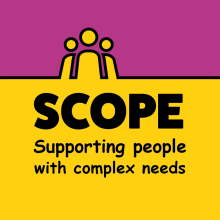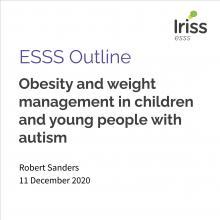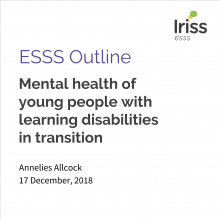Read the full evidence outline that provides an overview of the literature on service provision for autism in Scotland. The evidence presented below contains academic and grey literature.
In Scotland, autism has been the subject of a number of strategies and initiatives over the past decade. Considerable efforts have been made to improve diagnosis and assessment, to create consistent service standards, to match resources to need, and to underpin this with appropriate research and training opportunities.
Autism Spectrum Disorder (ASD) is a lifelong developmental condition which affects social communication, social interaction and behaviour. Symptoms may include a range of difficulties with verbal and non-verbal communication and repetitive or very specific behaviour or interests. The term ‘spectrum disorder’ is used because the degree of impairment people with ASD experience varies greatly and affects people in different ways (SPICE 2017).
Many people with ASD also have other disabilities and/or health conditions which require care and support. NICE estimates that 50% of people with ASD have a learning disability and 70% exhibit symptoms of one or more physical or mental health problems (NICE 2014). It is thought that around 40% of people with ASD exhibit symptoms of an anxiety disorder (National Autistic Society).
People with ASD experience challenges across a range of areas in their life including transitions, employment and education.
An Amase (2018) report found that:
- ASD people are often directly denied mental health services due to their diagnosis
- ASD people are not being listened to or taken seriously when they are trying to communicate their mental health distress
- There are problems with the basic accessibility of GP surgeries and mental health services for people with ASD
- There is a lack of understanding of autism and the mental health of autistic people among health professionals
There is no single piece of legislation in Scotland which focuses exclusively on the rights and needs of people with ASD, their families and carers.
People with ASD also experience different challenges when accessing autism support and when pursuing a diagnosis.
There is currently a range of different proposed interventions for autism support. Interventions for autism are split between psychosocial interventions for the core features of autism and psychosocial interventions focused on life skills and biomedical (pharmacological, physical and dietary) interventions and the core features of autism.
AMASE’s (2018) research on the lived experiences of people with autism proposes several recommendations to ensure that individuals access the best support for their own needs. They argue that:
- Autistic people should not be denied access to mental health services. Services must take sensory and communication needs into account. Autistic people need to be listened to and believed when they report distress.
- Provide stability for specialist support: recognise areas of best practice; long-term funding for the One Stop Shops model is needed.
- Provide trained advocates and intermediaries.
- Create post-diagnostic support pathways: provide a route for newly-diagnosed autistic people to access mental health and other support, and connect with peers.
- Develop treatment with autistic people in mind: prioritise research on autism and mental health.
- Involve autistic people in planning for change: empower autistic people to take the lead and guide what needs to be changed.
Suggested reference: A Bocioaga (2023) ESSS Outline: Scoping review of Autism in Scotland. Iriss. https://doi.org/10.31583/esss.20230116




